After a full day digging and pot washing we did a gentle warm up
As well as going through the given circumstances of the play, we used the language to explore the sounds, echoes and texture of the words in the space that hasn’t been used as a theatre for over 1700 years.
http://www.sportforjove.com.au/theatre-play/antigone
https://www.bellshakespeare.com.au/whats-on/othello-1/
Myriad of answers flood to mind, and to be honest many more questions follow.
I think the point is, look around you (and I mean really look) and for every 'Othello' there are just as many 'Iago's'. Just as there are 'Desdemona', and 'Emilia', and 'Bianca'.
We tell these stories as warnings and to create discussions that move humanity forward. That's part of my path in this production, as it is my calling in future productions of such tragedy.
People often tend to think of archaeological sites as ‘dead places’ – simply ruins detached from people. But they are not. An ancient theatre like this one in Paphos was full of life in antiquity – an excited audience and brave and nervous performers. During the laboratory it was easy to imagine the hushed breaths and pearls of laughter from the audience echoing across the theatre space. Each participant got to experience being the performer as well as the spectator. A performance laboratory such as this gives an opportunity to experience the archaeological site of a theatre as it was intended to be used in antiquity – to tell stories that explore the very nature of what it means to be a human.
theatre director and archaeoholic
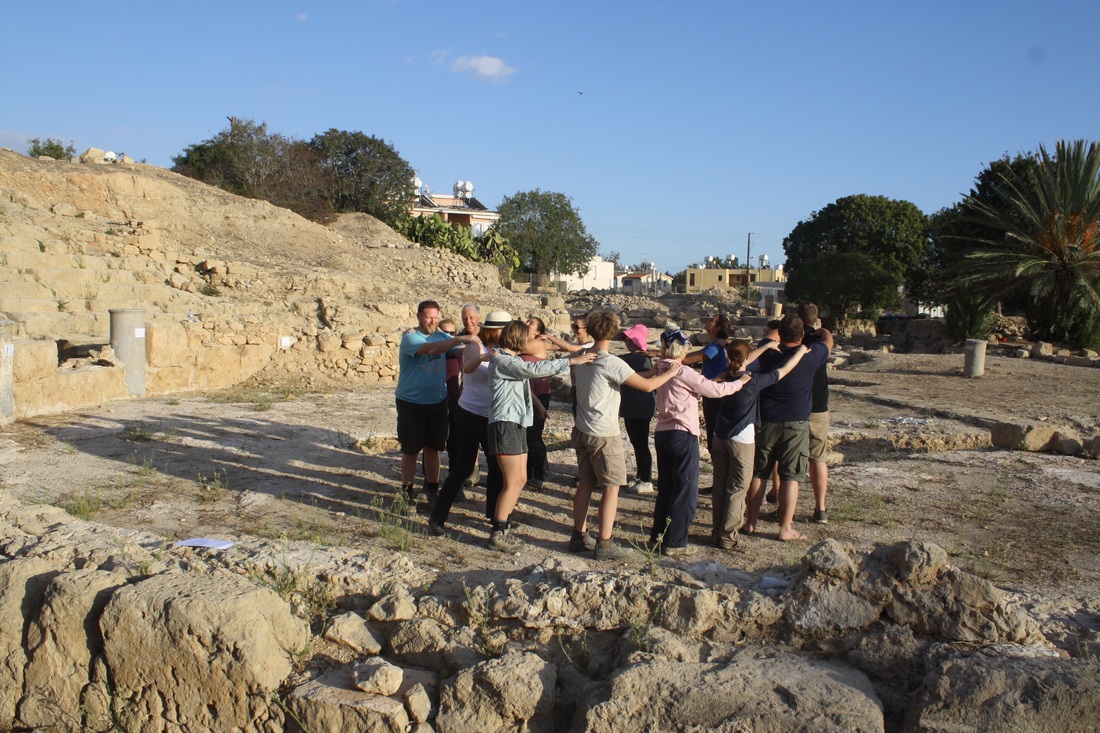
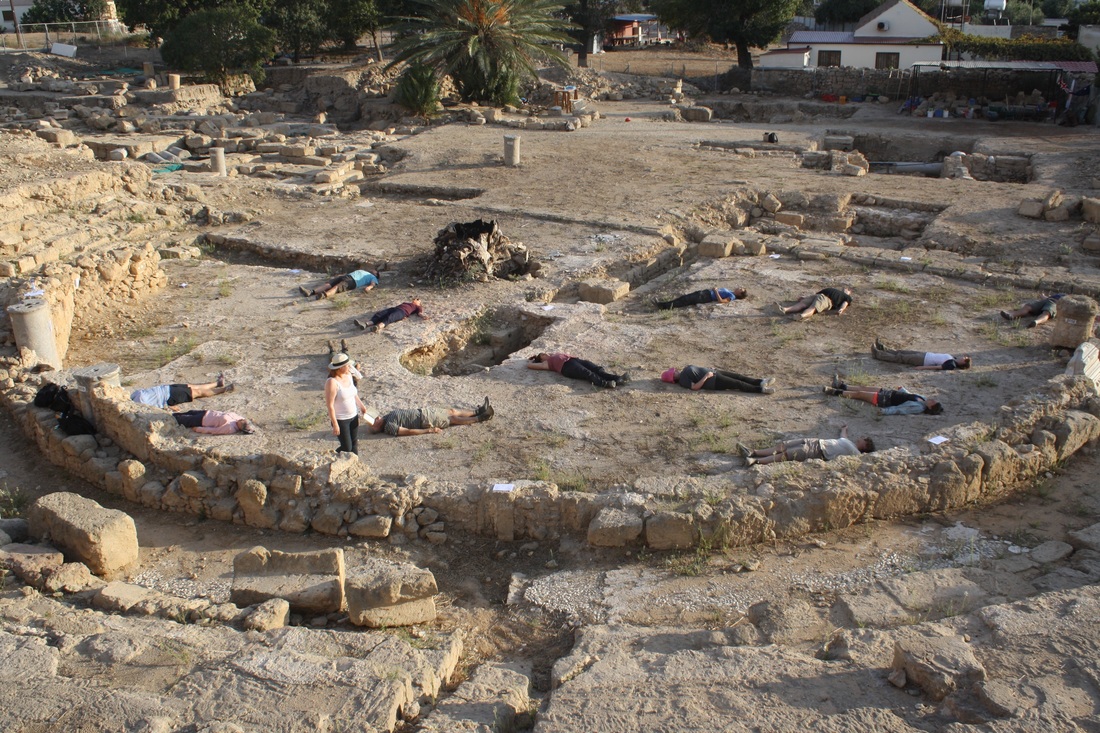
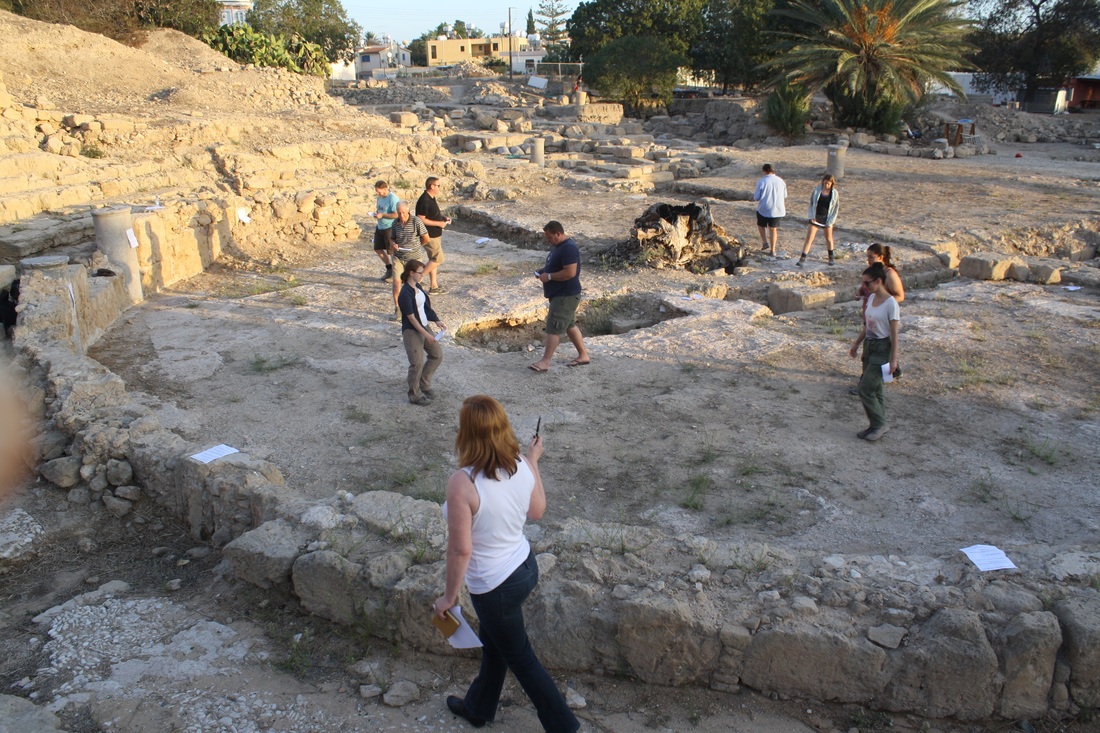
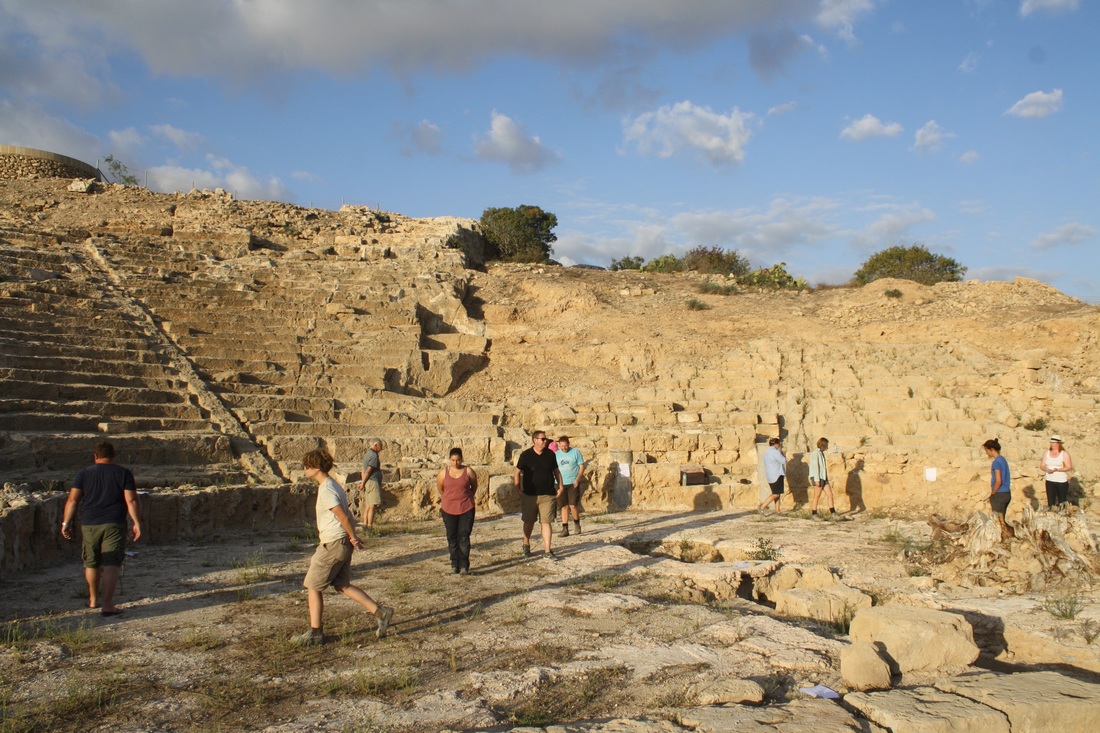
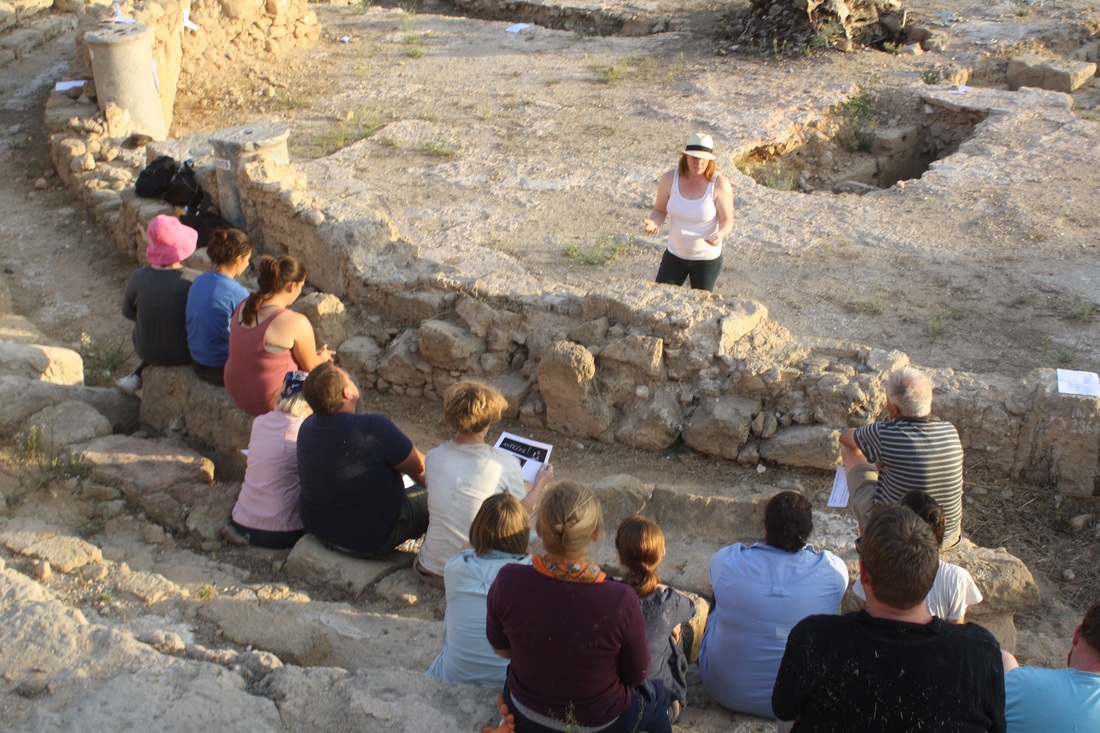


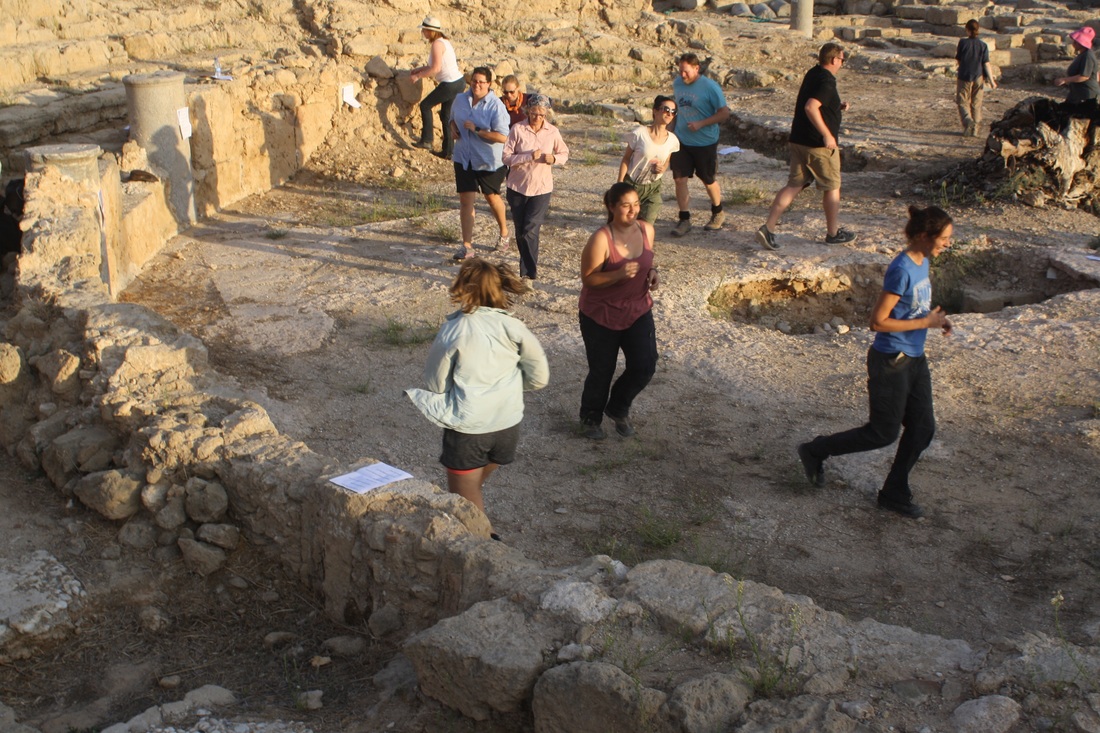
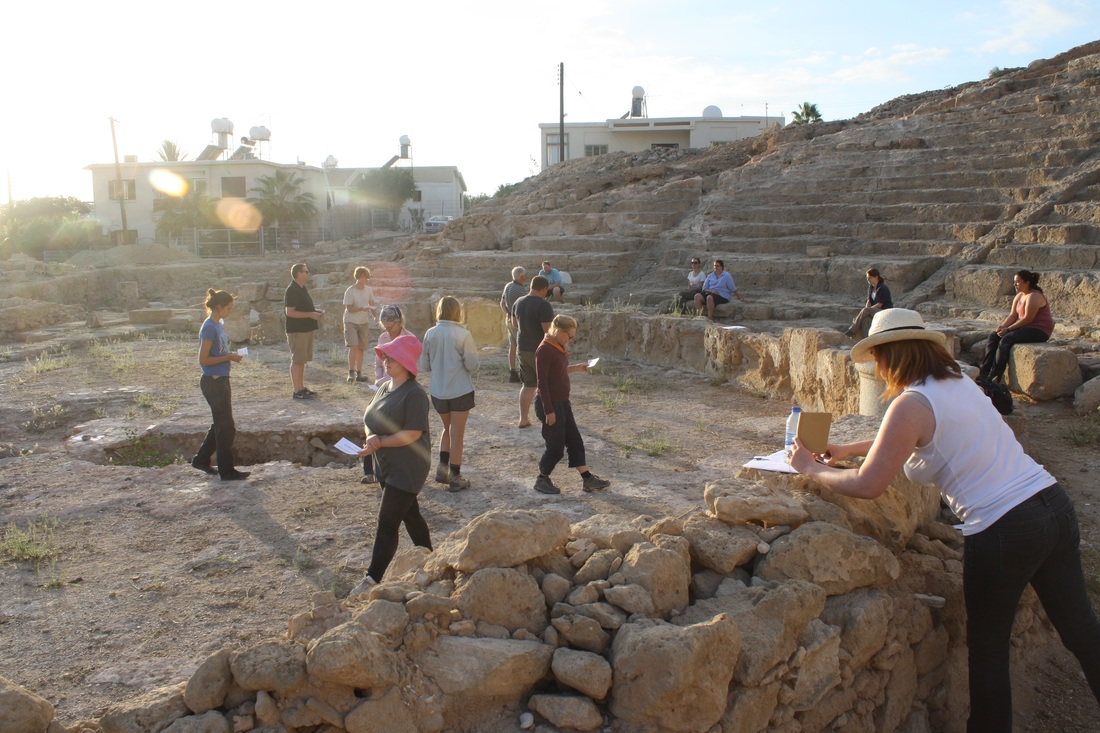


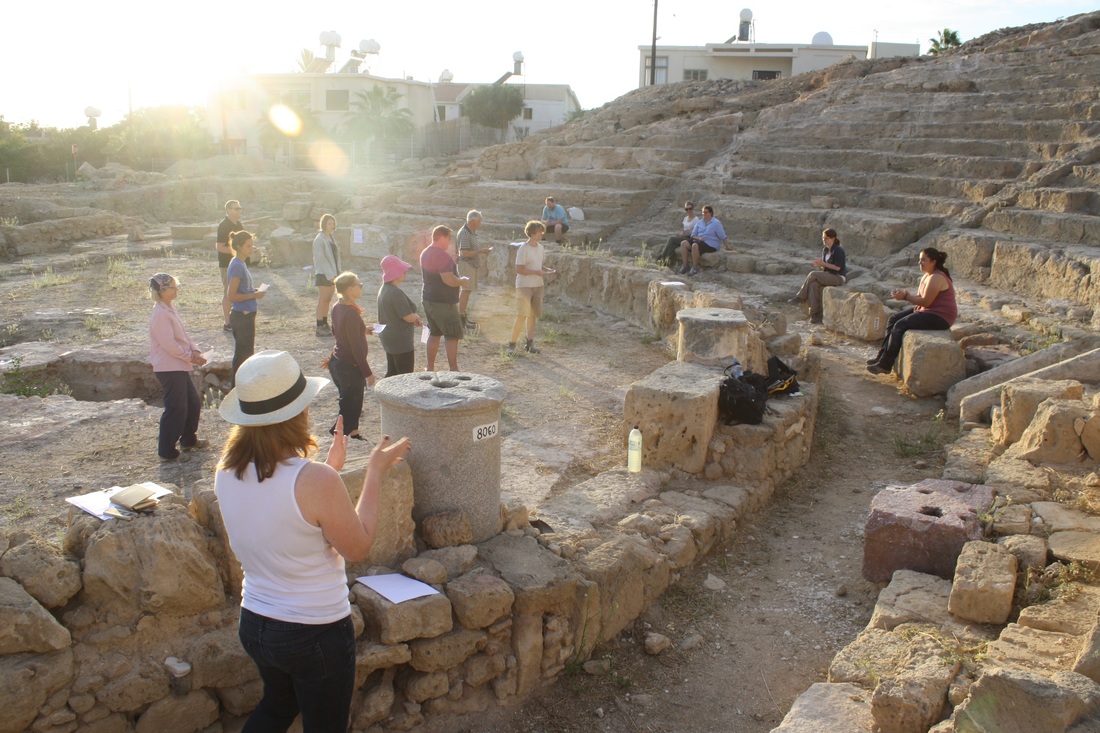
 RSS Feed
RSS Feed